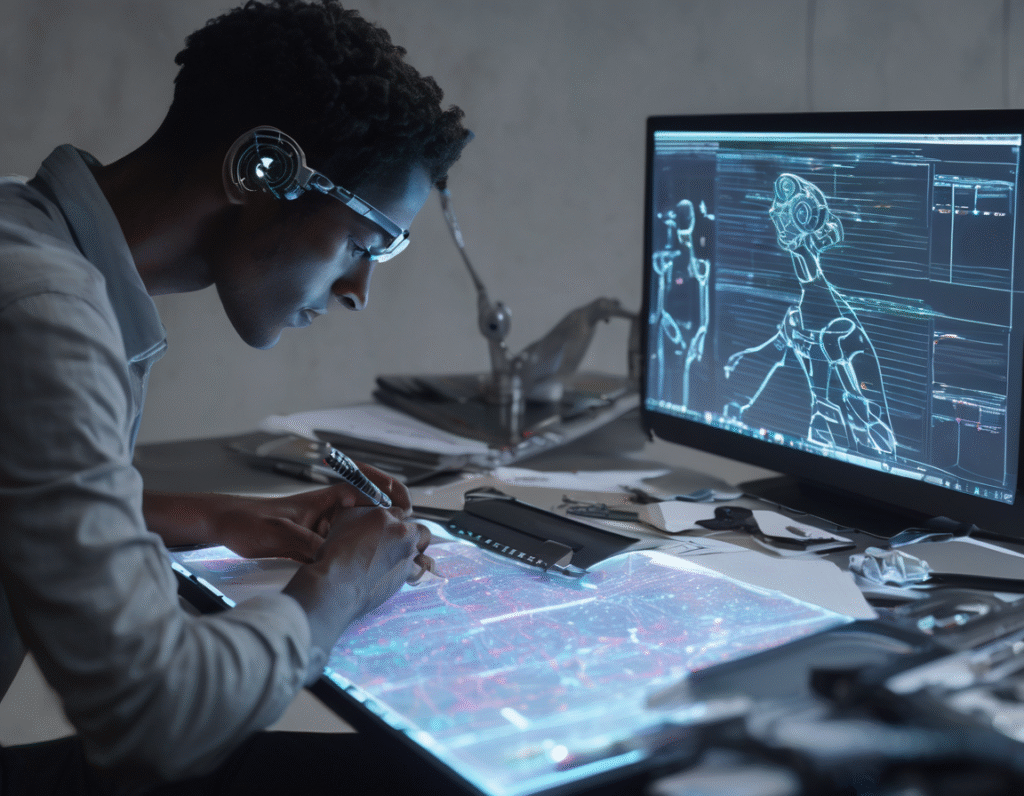Americans Are Increasingly Skeptical of AI’s Impact on Human Skills A new national poll reveals a significant and growing disillusionment among Americans regarding the integration of artificial intelligence into daily life. The findings paint a picture of a public deeply concerned that AI will erode core human capabilities rather than enhance them. The most striking result shows that a majority, 53 percent of over 5,000 US adults surveyed, believe that AI will actually worsen people’s ability to think creatively. This sentiment challenges the common narrative that AI will serve as a tool to augment human imagination, suggesting instead a fear that reliance on algorithms will lead to a decline in original thought. Equally concerning for respondents is the potential impact on human connection. Half of those polled stated they think AI will deteriorate our ability to form meaningful relationships. This points to anxiety about technology mediating or replacing authentic social interactions. In a stark contrast, a mere five percent of people believe AI will improve relationship-building, highlighting a profound lack of optimism in this area. The skepticism extends to problem-solving, a domain often touted as a primary benefit of AI systems. While 29 percent of respondents said they believe AI could make people better problem-solvers, a larger group, 38 percent, expressed the opposite view, fearing it could weaken this critical skill. This indicates that a substantial portion of the public is not convinced that AI’s analytical prowess will translate into improved human decision-making. These results collectively underscore a pervasive distrust of the rapid advancement and deployment of artificial intelligence. The average American appears to be fed up, viewing the technology not as a liberating force but as a potential threat to the very qualities that define human intellect and interaction. The poll signals a crucial moment for developers and policymakers, suggesting that building public trust will require demonstrably addressing these fears and proving that AI can be developed in a way that supports rather than supplants human potential. The conversation is shifting from what AI can do to what it should do, with a clear public demand for technology that empowers people without making them less capable.

